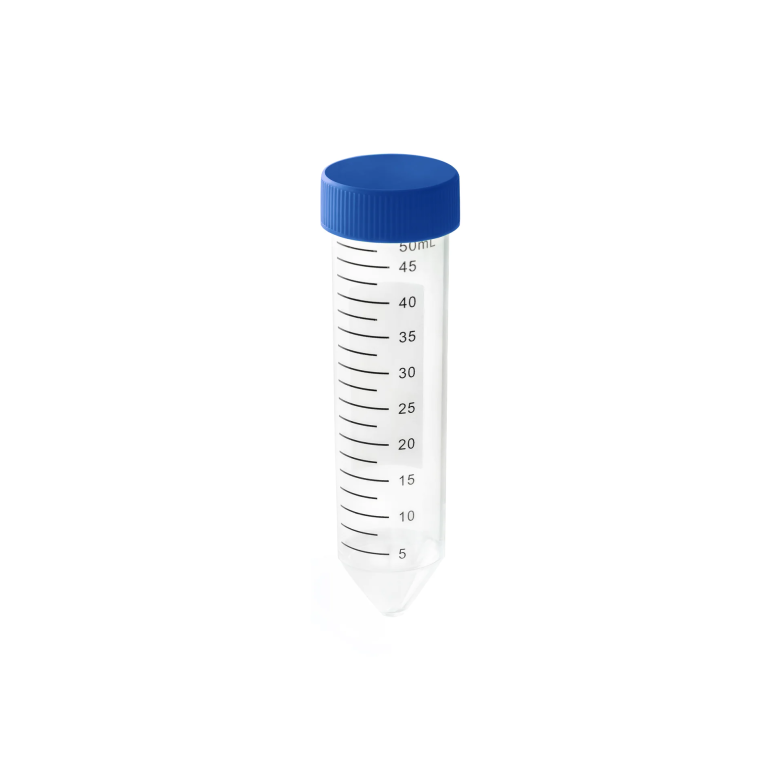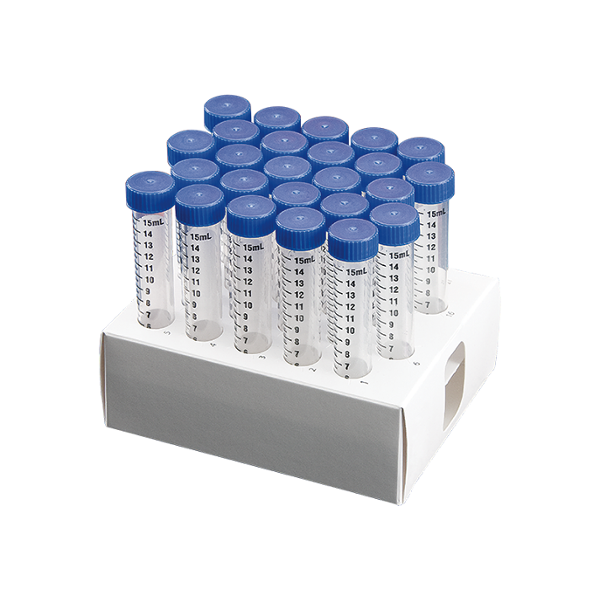Pipette tips are designed to be disposable for several practical and scientific reasons:
- Preventing Cross-Contamination: Reusing pipette tips could lead to cross-contamination between different samples. Even with thorough cleaning, there is a risk that trace amounts of the previous sample may remain in the tip, potentially contaminating the next sample. In many laboratory applications, maintaining sample purity is critical, and the risk of cross-contamination is not acceptable.
- Accuracy and Precision: Pipettes are precision instruments, and the accuracy and precision of liquid measurements depend on the pipette tip’s integrity. Reusing tips may lead to wear and tear, affecting the tip’s shape and performance. Disposable tips ensure consistent and reliable liquid handling.
- Time Efficiency: In a laboratory setting, time is often a crucial factor. Using disposable tips eliminates the need for time-consuming and labor-intensive cleaning processes between each use. Researchers can simply discard used tips and proceed with the next step of their experiment or analysis.
- Sterility: Many laboratory procedures, especially in fields like microbiology and molecular biology, require a sterile environment. Disposable pipette tips are often manufactured and packaged under sterile conditions, ensuring that each new tip is free from contaminants. Reusable tips would require rigorous and reliable sterilization methods, which may not be practical or cost-effective.
- Convenience and Workflow: The use of disposable pipette tips is more convenient for researchers. They can easily switch between different samples without the need for extensive cleaning and validation procedures. This contributes to a smoother and more efficient workflow in the laboratory.
- Reducing Experimental Variables: Reusable tips introduce an additional variable into experiments—variations in cleaning procedures and the potential for residual contaminants. Disposable tips help maintain a consistent and controlled experimental environment.
While the disposable nature of pipette tips contributes to convenience, efficiency, and experimental integrity, it’s important for laboratories to consider the environmental impact of the plastic waste generated by disposable tips. Some efforts are being made to develop more sustainable options, such as recyclable or biodegradable pipette tips, to address these concerns. Researchers should follow best practices for waste disposal and consider environmentally friendly alternatives when possible.


